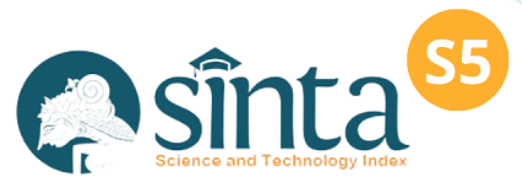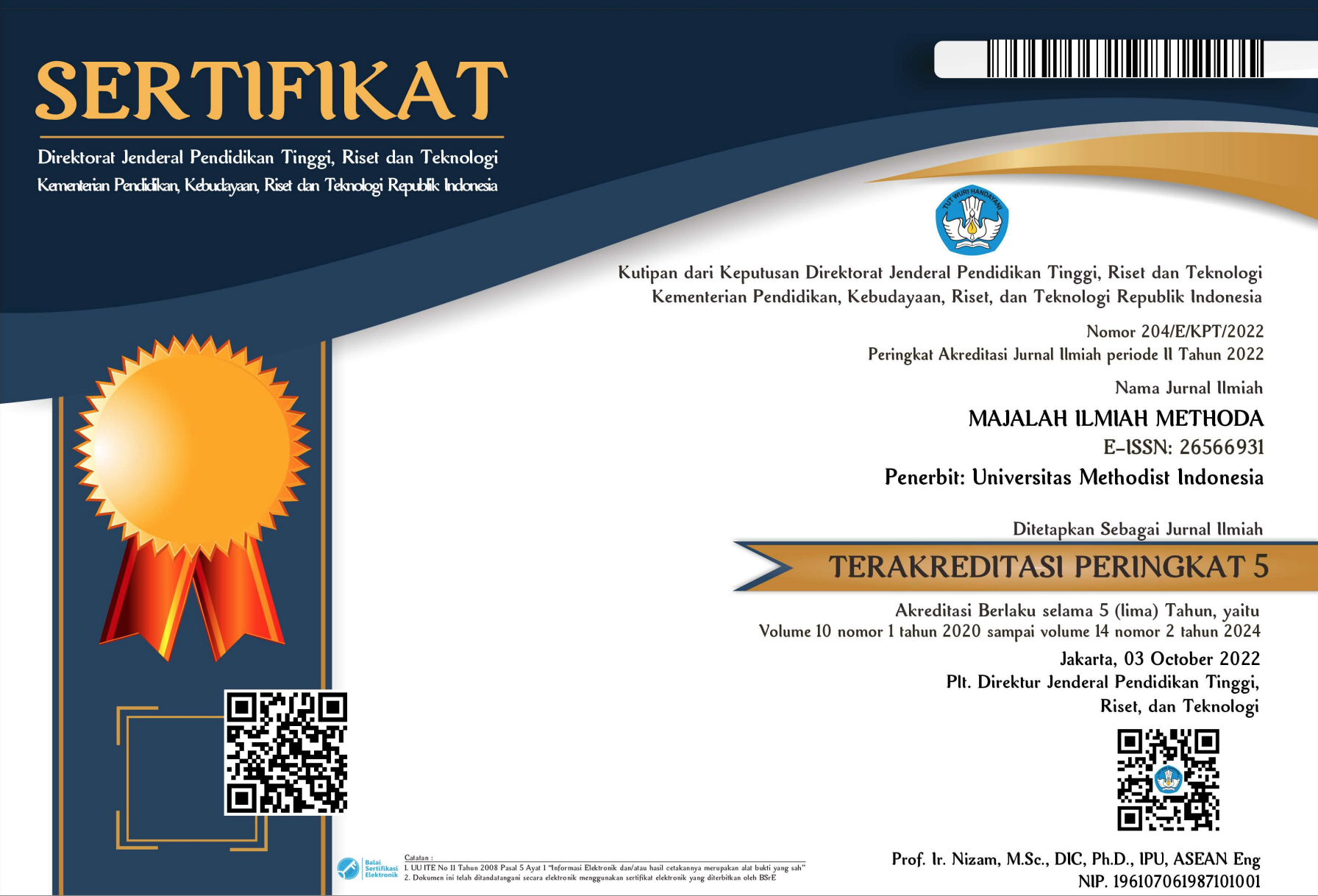PENGARUH BEBAGAI JENIS BIOCHAR DAN PUPUK NPK TERHADAP KAPASITAS TUKAR KATION (KTK) TANAH ULTISOL PADA BUDIDAYA JAGUNG MANIS (Zea mays saccharata L.)
Keywords:
Biochar, NPK, Sweet Corn, UltisolAbstract
The aim of this study was to determine the effect of various types of biochar and NPK fertilizer on growth, production of sweet corn (Zea mays saccharata L.) and cation exchange capacity (CEC) in ultisols. This study used a randomized block design (RBD) with 2 factors. The first factor was the type of biochar consisting of 3 levels, namely: B1 = sekampadi biochar (96 g/polybag), B2 = corn cob biochar (96 g/polybag), B3 = coconut shell biochar (96 g/polybag). The second factor was NPK fertilizer consisting of 3 levels, namely: P0 = 0 g/polybag (control), P1= 2 g/polybag, P2= 4 g/polybag. The results showed that the type of biochar had a significant effect on plant height4 MST and root dry weight but had no significant effect on leaf number, flowering age, cob length, non-sticky crop production, sweetness index and cation exchange capacity (CEC). NPK fertilizer treatment significantly affected plant height Leaf number and sweetness index but had no significant effect on flowering age, cob length, non-sticky production per plant, root dry weight and exchange capacity (CEC). The interaction of various types of biochar and NPK fertilizer had no significant effect on plant height, number of leaves, flowering age, cob length, non-sticky production per plant, cob weight per plot, sweetness index, root dry weight and cation exchange capacity (CEC).










